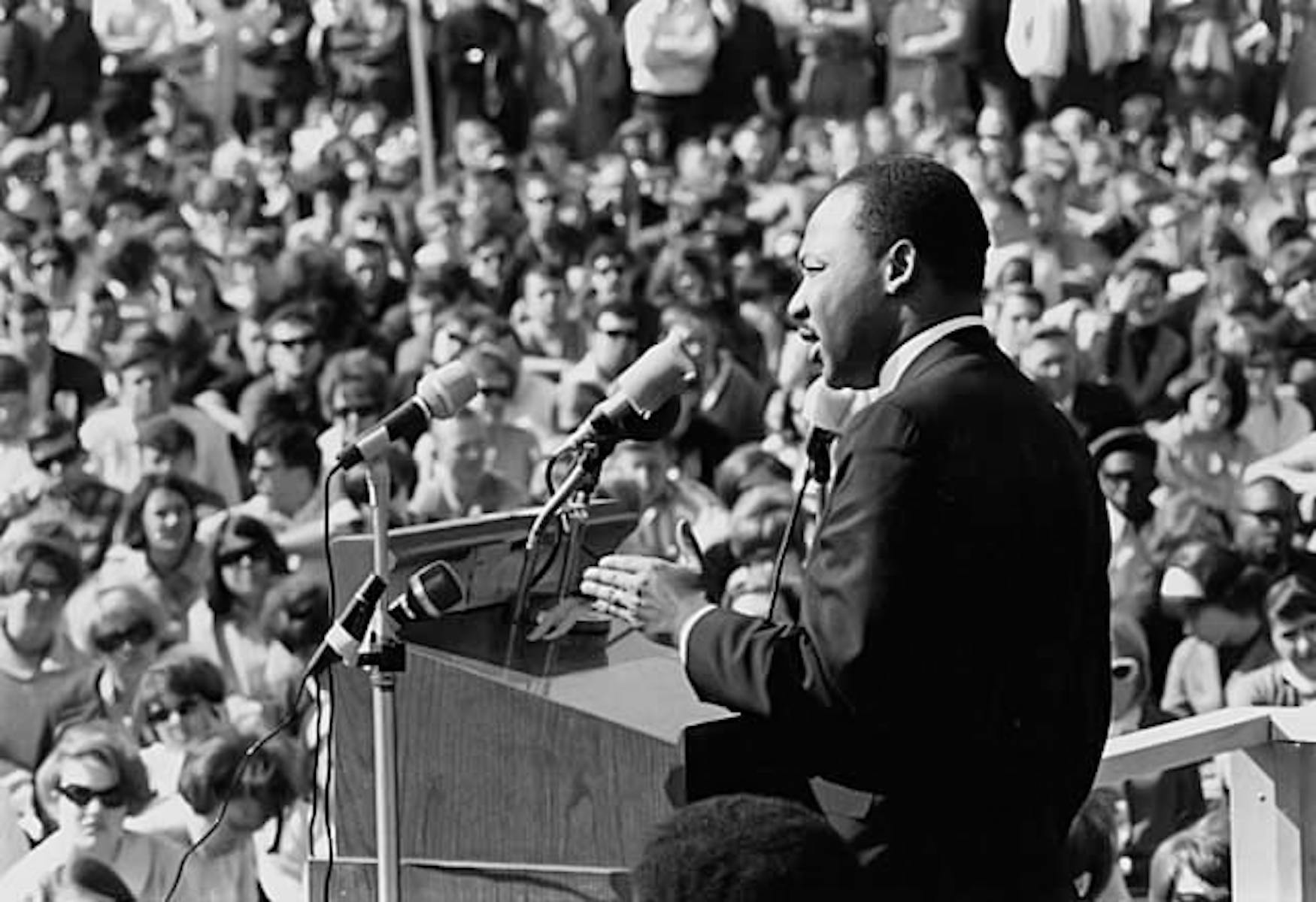Shades of Security: A Black American student’s reflection on race in Europe
At the beginning of Black History Month, the interesting quirks of my experiences as a Black individual studying abroad in the south of France unravel, revealing both the subtle and glaring nuances of racism in Europe.
This continent, where the roots of racism sprouted, paradoxically provides a haven from the relentless scrutiny and assumptions that often plague my existence in the United States.
One remarkable element contributing to my newfound sense of security is the reduced police presence and limited access to firearms in Europe.
The palpable absence of an immediate threat, where being perceived as dangerous could lead to trigger-happy encounters with law enforcement, undeniably eases the rhythm of my daily life.
However, the dance of European naivety with race is a complex choreography that emerges as both a blessing and a curse. Many Europeans lack the critical understanding of racial justice and overt racism ingrained in the American experience.
This unfamiliarity often results in awkward interactions where some default to ignoring my race, while others pose inappropriate questions about my encounters with racism in the U.S.
Examples of such inappropriate questions include: “Don’t you think racism in the U.S. is so much worse than here in France?” “The police kill Black people in the U.S., right?” “Why aren’t more Black Americans trying to stop people like Trump from being elected?”
Not only did I seek refuge in Europe to escape the suffocating grip of American racism, but also each question demands a significant investment of time and research to fully explain. The burden of explaining the past five centuries of American institutional racism to those without firsthand experience becomes a heavy responsibility. This leaves me in uncomfortable situations where I must either sit someone down to navigate the intricacies of racial injustice or brush off the intense queries with a noncommittal answer — an act that I find myself feeling guilty about.
When comparing the historical violence against African and Indigenous people in the U.S. to Europe, the stark contrast becomes evident. Although racism is a global issue, the intensity of its expression differs. Violent racism, deeply woven into the fabric of American history, finds less frequent expression in Europe.
However, it is crucial to emphasize that acknowledging Europe’s comparatively milder racism does not diminish its existence or categorize it as “better.” Racism, in any form, remains reprehensible and suffocating for its subjects.
This is the juncture to define my experience with the term “racism” concerning my time in France. I employ racism as an umbrella term to encapsulate the bias I perceive from non-Black individuals in Europe.
This bias stems from a negative connotation associated with my blackness, manifesting in microaggressions and assumptions about my personality and interests due to the color of my skin. It reveals itself in being over-surveilled in stores around merchandise and facing skepticism about my ability to speak French because of my background as a Black American.
My intent is not to undermine the struggles faced by Black communities in Europe or perpetuate the notion that racism here is in any way acceptable. In an ideal world, racism would not exist at all.
This reflection aims to avoid overlooking the rising Islamophobia and anti-immigrant sentiments in France, parallel to the historical mistreatment of Latino/a immigrants in the US since the 1930s. Racism takes varied forms, and each manifestation deserves condemnation.
While France is not immune to racism, my contemplation of relocating here from the U.S. speaks volumes about the heightened sense of physical safety I feel.
It serves as a stark testament to the alarming reality that, despite the differences, Europe lags in adequately addressing the specific needs of Black individuals and safeguarding them in the necessary aspects, an underprotected and underrepresented group.
For example, despite American racism being stereotypically more violent and visible, European racism tends to be more pervasive regarding daily harassment, workplace discrimination, access to adequate education and housing, among other things.
I’ve seen this through the severe segregation in the cities I’ve been in so far such as Nimes, Montpellier, and Paris — in which entire neighborhoods and schools are predominantly just racial and ethnic minorities.
I’ve also chatted with a Black woman who I’ve become close with in my time here. She shared her experience with workplace discrimination she faced due to her background as a Moroccan immigrant to France and how her co-workers have made uncomfortable comments regarding her ethnicity for the past five years she’s lived and worked in France.
My vigilance persists, recognizing that progress is essential to ensure the safety of Black lives globally.
In navigating the shifting tides of racial dynamics between continents, it becomes evident that the journey towards equality is an ongoing struggle.
As Black History Month unfolds, let it serve as a poignant reminder that the fight against racism knows no borders, and collective efforts are imperative to dismantle the systemic barriers that persist in different corners of the globe.




Please note All comments are eligible for publication in The Justice.